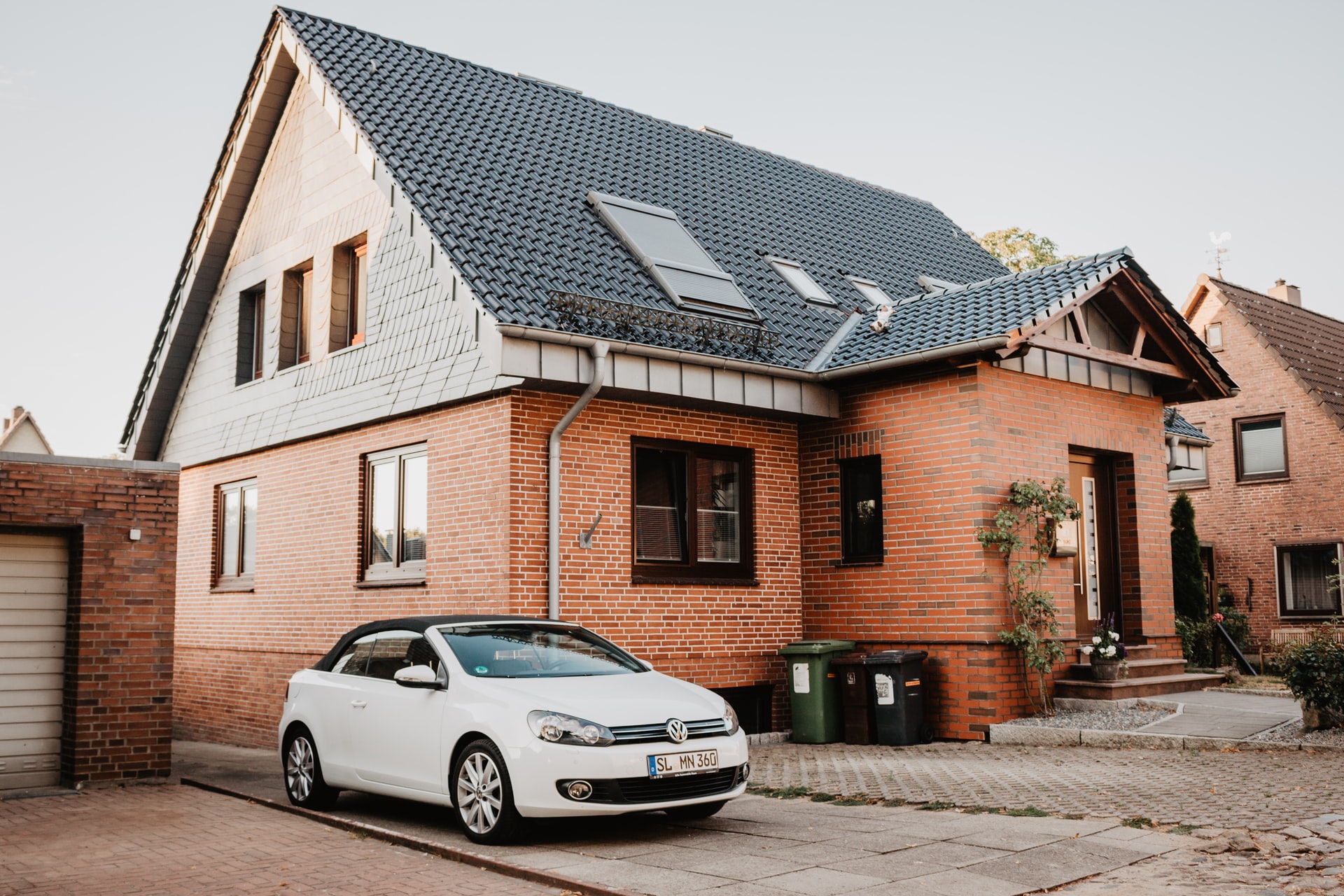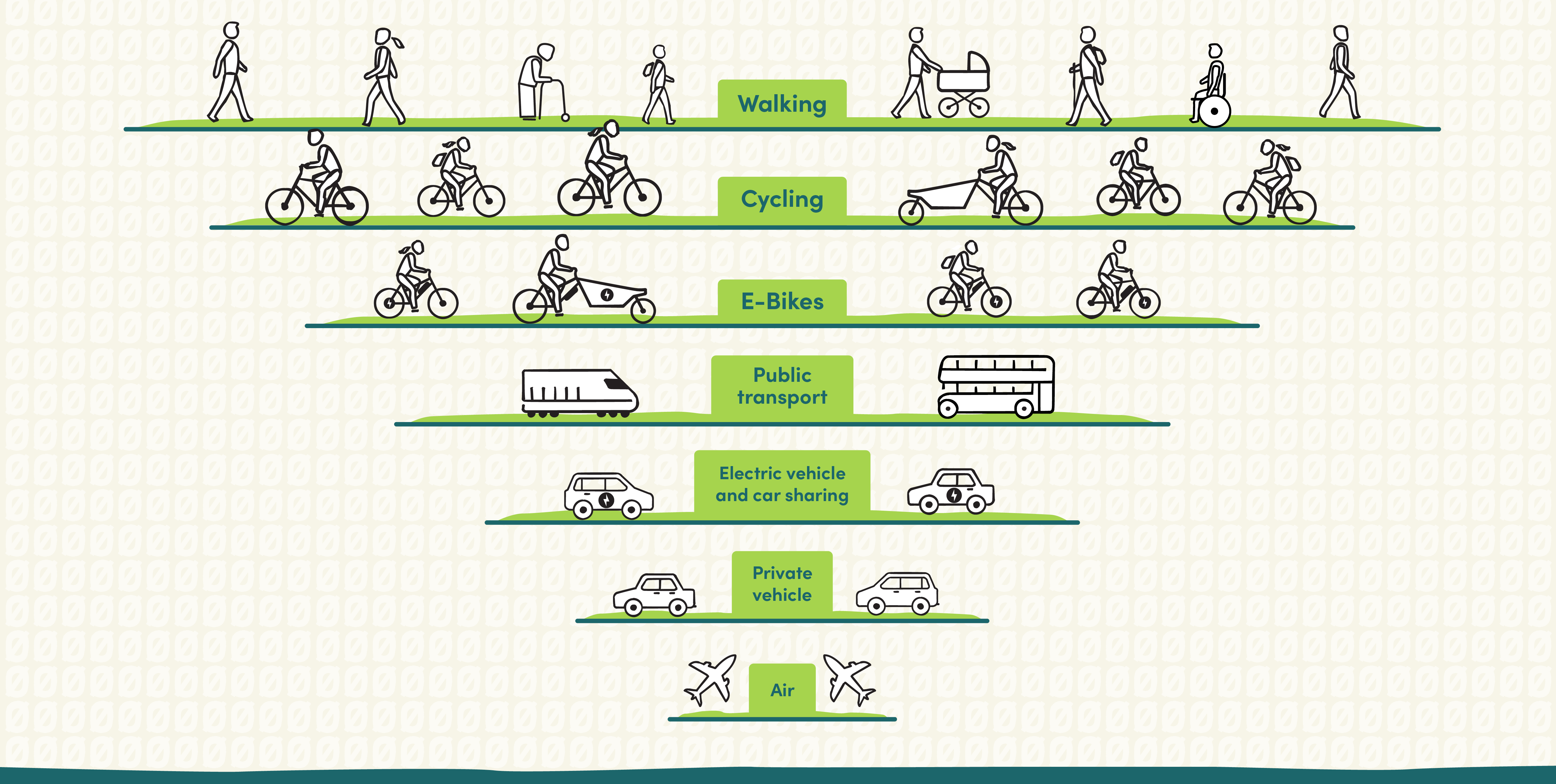Do you need planning permission?
In England and Wales, the installation, alteration or replacement of EV charge points on areas of off-street parking is granted by way of permitted development rights (PDR). Essentially, PDR give planning permission without the need to go through the process of submitting a planning application.
It is possible for PDR to be limited by local planning authorities (LPAs), and you can check with your LPA to see whether there are any local planning requirements around the installation of EV charge points. TLT LLP have already checked with Bristol City Council, North Somerset Council and South Gloucestershire Council, and can confirm that none of these authorities currently have any requirements of this kind - so no planning permission is needed within these council areas to share your EV charger! If you live in another council area in the South West, it's best to check directly with your LPA to be sure.

 One of the key concerns for many people about switching to an EV is how they can charge their vehicle at a convenient location if they don’t have their own charging point - especially if they simply don't have the space or access to install a charger at home.
One of the key concerns for many people about switching to an EV is how they can charge their vehicle at a convenient location if they don’t have their own charging point - especially if they simply don't have the space or access to install a charger at home. 

